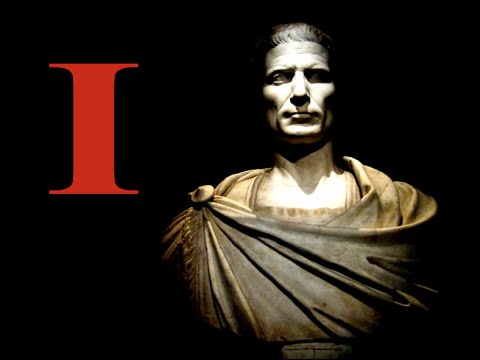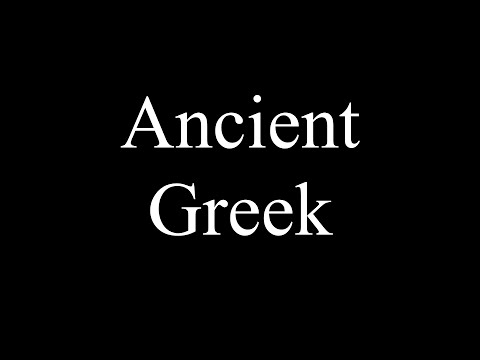This follows on from another discussion - but I reckon it deserves its own thread.
In the UK at least, Classical languages have been in steep decline since the 1960s. They received a body blow when Oxford and Cambridge removed O Level in Latin or Greek as a matriculation requirement. The fact that the subjects were often very badly taught in schools didn’t help.
More recently, though, teachers of these subjects are starting to embrace modern methods. We have David Carter (here at LingQ) whose website is:
http://www.classicalworkbooks.co.uk
We also have the wonderful Polis Institute in Jerusalem:
They offer immersion classes in ancient languages while spending 1 or 2 years living in Jerusalem (something which would be, for me, the nearest thing to Heaven on this earth!!) They also publish courses in Koine Greek http://www.polisjerusalem.org/polis-koine-greek-audios and in Latin http://www.polisjerusalem.org/forum-speaking-latin which are based on their teaching methods.
We have Assimil - for folks who can access French, German or Italian as the teaching language. For example:
Assimil - Latein Sprachkurs and http://fr.assimil.com/methodes/le-grec-ancien-1380
We used to have this from Teach Yourself:
This was a cracking little course based on a storyline in a medieval monastery with young lovers and vile skullduggery! It also came with accompanying audio. But I have heard that the newer version of this has (like nearly everything from Teach Yourself) been dumbed-down with reduced content. Ho hum.
And of course we have LingQ - although it must be said that the library content for Latin and (Ancient) Greek is struggling compared to most other languages.
These methods deserve to be known about, in my humble opinion.

